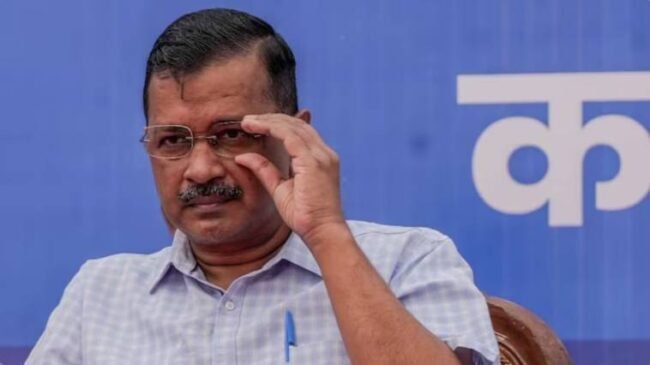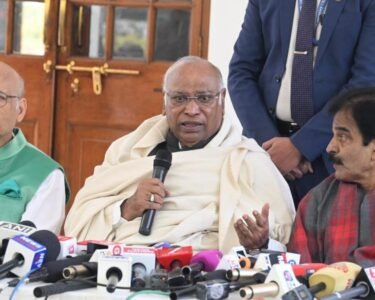During Wednesday’s session in the Delhi High Court, the Enforcement Directorate (ED) made a significant assertion, stating that individuals involved in heinous crimes such as murder or engaged in acts akin to ‘terrorism’ should not be exempt from arrest merely because elections are on the horizon. This statement set the stage for a heated legal battle, as Arvind Kejriwal’s legal representative vehemently challenged the timing of his arrest by the ED, arguing that it contradicts fundamental constitutional principles, the essence of free and fair elections, and the concept of maintaining a level playing field.
Arvind Kejriwal’s counsel expressed in court what he said.
During Wednesday’s session in the Delhi High Court, the Enforcement Directorate (ED) made a significant assertion, stating that individuals involved in heinous crimes such as murder or engaged in acts akin to ‘terrorism’ should not be exempt from arrest merely because elections are on the horizon. This statement set the stage for a heated legal battle, as Arvind Kejriwal’s legal representative vehemently challenged the timing of his arrest by the ED, arguing that it contradicts fundamental constitutional principles, the essence of free and fair elections, and the concept of maintaining a level playing field.
In a fervent defense presented before the court, Arvind Kejriwal’s legal counsel countered the motives behind his arrest, portraying it as a calculated move aimed at undermining the integrity of the Aam Aadmi Party (AAP). They emphasized the glaring lack of substantial evidence held by the ED and deemed the arrest of a sitting Chief Minister unjustifiable, especially in the lead-up to an election period.
Underlining the indispensable need for a ‘level-playing field’ in electoral processes, which serves as a cornerstone of ‘free and fair elections’ within the constitutional framework, Kejriwal’s legal team meticulously dissected the timing of the arrest. They questioned the urgency of the ED’s actions, reiterating that the matter at hand transcends politics and pertains solely to legal proceedings.
Furthermore, the legal team challenged any insinuation of Kejriwal evading authorities or obstructing justice, emphasizing his consistent cooperation over the past year and a half. They also raised suspicions regarding the pattern observed in arrests followed by statements and subsequent bail proceedings, hinting at a potential bias against Kejriwal and the AAP.
In their defense, Kejriwal’s counsel emphasized the absence of concrete evidence against him and cast doubt on the underlying motives behind the arrest, suggesting a concerted effort to undermine the political standing of the AAP ahead of the elections. They stressed that Kejriwal’s failure to respond to summons should not be misconstrued as an attempt to evade accountability, but rather as a diversion from the core legal issues at hand.
Overall, the courtroom drama unfolded as Kejriwal’s legal team passionately defended their client, painting a picture of an unjust arrest orchestrated to tarnish his reputation and undermine the democratic process.







